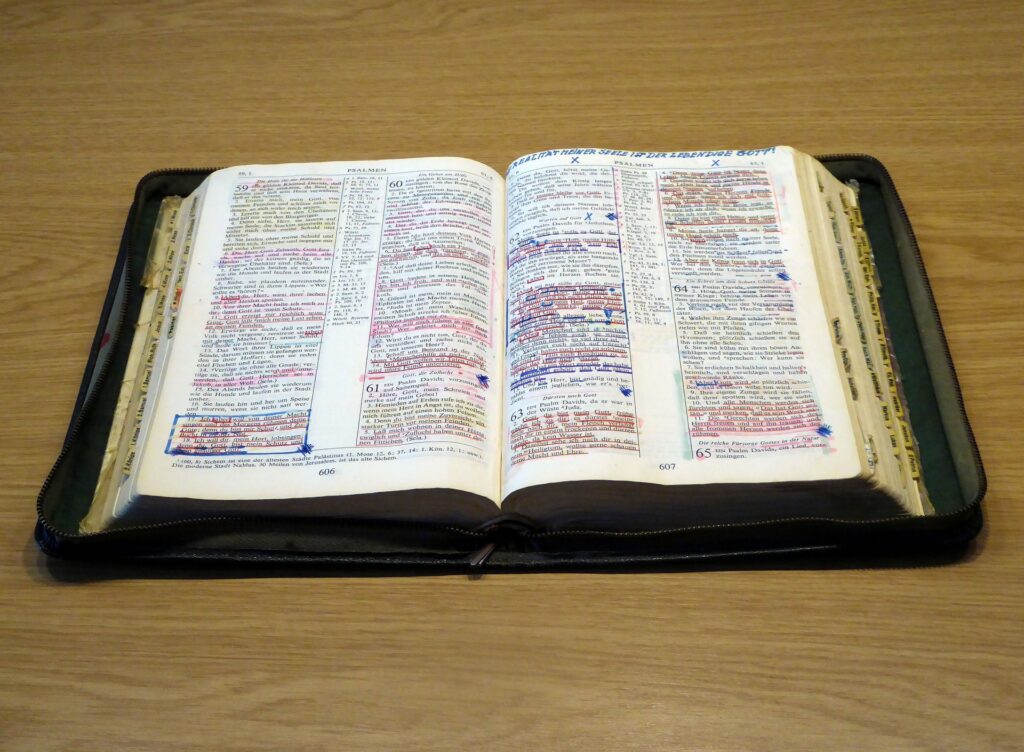
Bible Class Notes on 1 Peter 5:2-3 | Notes on the Petrine Epistles
Elders are to tend the flock. The word “tend” is the verb form of the word “shepherd.” “Tend,” therefore, would mean to “act like a shepherd.” The use of this verb would also illustrate that “elders” and “pastors” referred to the same office in the New Testament.
“Shepherding” the flock would come from rich images for the first readers of this epistle. They would have known the twenty-third psalm where the author spoke of Yahweh as his shepherd. These readers would have known that Jesus called himself the “good shepherd” (Jn 10:11). They would also have likely known about the story about the shepherd who went searching for his sheep.
Tending the flock would recall our attention to Jesus’s post-resurrection conversation with Peter (Jn 21:15-19). In that text, Jesus asked Peter if he loved him. When Peter answered in the affirmative, Peter was told to feed and tend Jesus’s sheep. From this we can learn two important lessons:
- Tending the flock means to care for and feed the flock.
- Tending the flock comes as a natural result of loving Jesus.
These elders are to care for and feed God’s flock.
This is God’s flock. The Old Testament spoke of Israel as God’s flock. “The LORD’s flock has been taken captive” (Jer 13:17). “The LORD of hosts cares for his flock, the house of Judah” (Zech 10:3). “We are his people, and the sheep of his pasture” (Ps 100:3).
The New Testament teaches that the church belongs to God. John 10:26-27. Acts 20:28.
The flock does not belong to the elders to do whatever they please. There might have been a tendency on the part of some elders to allow their position to go to their head. They would think that since they were elders that they had arrived; they were special. The emphasis on this being God’s flock reminds elders that they fulfill a ministry; they have an obligation to God Almighty.
The flock of God is their charge. God has entrusted the flock to these elders. Therefore, these elders have an important obligation. God himself has entrusted these elders with his people; this is a serious obligation.
These elders are to tend the flock that is in their charge. This seems to emphasize the autonomy of local congregations. These elders—and modern elders—do not have a responsibility to all Christians; they only have responsibility to those Christians in their charge.
Anytime individuals serve in a leadership position, that position can be abused. Therefore, Peter lays down guidelines by which elders are to lead. They are to exercise the oversight. The New Testament spoke of elders as overseers: Acts 20:38; Titus 1:7. “To oversee” means to care for the needs of the Christians in the individual congregations.
These elders are to oversee “not by constraint but willingly.” Elders are not to oversee by constraint. Elders should never feel as though they have to serve. Congregations should never force men to serve as elders.
Elders are to oversee willingly. Elders are to desire the office (1 Tim 3:1). Elders are to view themselves as volunteers. Willing service to God has often been an important concept. The same Greek term was used in the Septuagint to signify: Willing service (Ex 36:2) and voluntary sacrifice (Ps 54:6). The New Testament also teaches that service to God must be voluntary (2 Cor 9:7).
These elders were to serve “not for shameful gain but eagerly.” Elders should not serve just to get rich. Peter’s advice seems to imply that elders were paid for the services in the early church. We do know that this was the custom in the early church. Perhaps we should restore this practice; this would give elders the time they need to fulfill their role.
There might have been an attempt on the part of some elders to use their position to become rich. 1 Timothy 3:3; 5:17-18. However, “shameful gain” carried a greater meaning than simply getting rich. The idea carries the connotation of getting rich through fraud.
Elders were to serve eagerly. This term indicates zeal, energy, and enthusiasm. Instead of mostly being concerned with how to make money, elders should serve with energy and vigor. This terminology is not unlike the English phrase “ready and willingly.”
These elders were to lead “not as domineering over those in [their] charge but being examples to the flock.” Elders must not “lord it over the flock.” This teaching is consistent with Jesus’s teaching on servanthood (Mk 10:42-44). The meaning here seems to be that elders are not to lead with power unto themselves.
“Charge” here refers to God’s people. Elders are not to lead God’s people with an iron hand. The elders cannot do just whatever they want to do—Elders must do what they believe God would have them do and what they believe is in the best interest of God’s people.
Elders must be examples to the flock. The idea of elders leading by example comes out of the image of a shepherd. Shepherds did not drive their sheep, rather they walked in front of them and called them to follow. Leaders in the New Testament were often held up as examples: Jesus (Jn 13:16), Paul (Phil 3:17), Timothy (1 Tim 4:12), and Titus (Tit 2:7).
While elders are not here called upon to be perfect, they are called upon to model Christianity for others. Christians should be able to see Christianity alive and well in the eldership. Many elders might be inclined to say, “It isn’t fair that I’m supposed to be an example. I’m not better than any other Christian.” Although this is true, we do expect our sports stars and movie stars to set good examples for our youth. If that be true, why can’t elders be examples for the church?
This Bible class was originally taught by Dr. Justin Imel, Sr., at the Owingsville church of Christ in Owingsville, Kentucky.





